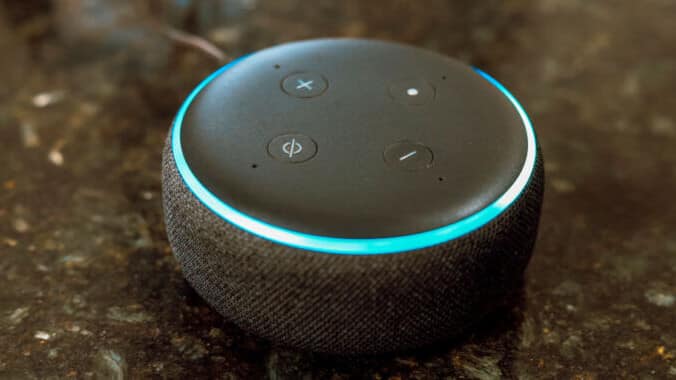
Will Alexa's paid tier make up for Amazon's $25B loss?
What's the story
Amazon's business unit, responsible for Alexa-powered devices like Echo speakers, Kindle readers, and Fire TV sets, reported a loss of $25 billion between 2017 and 2021. The Wall Street Journal (WSJ) obtained this information from the company's internal documents. Despite selling over half a million Alexa devices, the company has found it challenging to turn a profit from them. To counter these losses, Amazon will launch a paid tier of Alexa as soon as this month.
Future outlook
Projected losses and Amazon's long-term strategy
In 2022 alone, Alexa was projected to incur a loss of $10 billion. The WSJ report indicates that Amazon's Devices business has been given some financial flexibility in the interest of innovation, and potential long-term gains. A former longtime Devices executive revealed that there was "no profit timeline" when launching products, suggesting a focus on long-term profitability over immediate returns.
Business model
Amazon's low-cost strategy and user behavior
Amazon's strategy, as stated by Dave Limp, the then-Amazon Devices SVP in 2019, involves selling Echo speakers at a low cost or even at a loss with the hope of making money off Alexa later. "We don't have to make money when we sell you the device," Limp said. However, most users tend to use Alexa for free services like checking the weather or time rather than making large purchases.
Company statement
Amazon's response to setbacks
In response to these losses, an Amazon spokesperson stated, "Within Devices & Services, we're focused on the value we create when customers use our services, not just when they buy our devices." They added that their department has established numerous profitable businesses for Amazon, and is well-positioned to continue doing so. Despite the losses, product development did not slow down.
Innovation drive
Continued product development amid significant losses
Despite a loss of more than $5 billion in 2018, the Devices business continued to invest in developing the Astro consumer robot. In 2019, when the hardware unit lost over $6 billion, Amazon still developed products like Amazon Halo health trackers and Luna game-streaming devices. However, these losses have led to significant layoffs, with at least 19,000 workers let go since 2022.
New strategy
CEO Andy Jassy's plan to reverse losses
Current CEO Andy Jassy is now trying to reverse these losses by launching a paid tier of Alexa as soon as this month. However, some engineers working on the project express concerns that this move may not work. Despite these challenges, Amazon continues to use its accounting tactic of "downstream impact" or DSI across its business lines.
Financial approach
Amazon's downstream impact accounting tactic
Amazon's accounting tactic of DSI assigns a financial value to a gadget or service, based on how customers spend within Amazon's ecosystem after they buy it. This method, however, has been less successful with Echo devices, which are generally sold at or below cost. The devices team would claim the top end of estimated revenue from downstream impact, in internal pitch meetings to senior management.